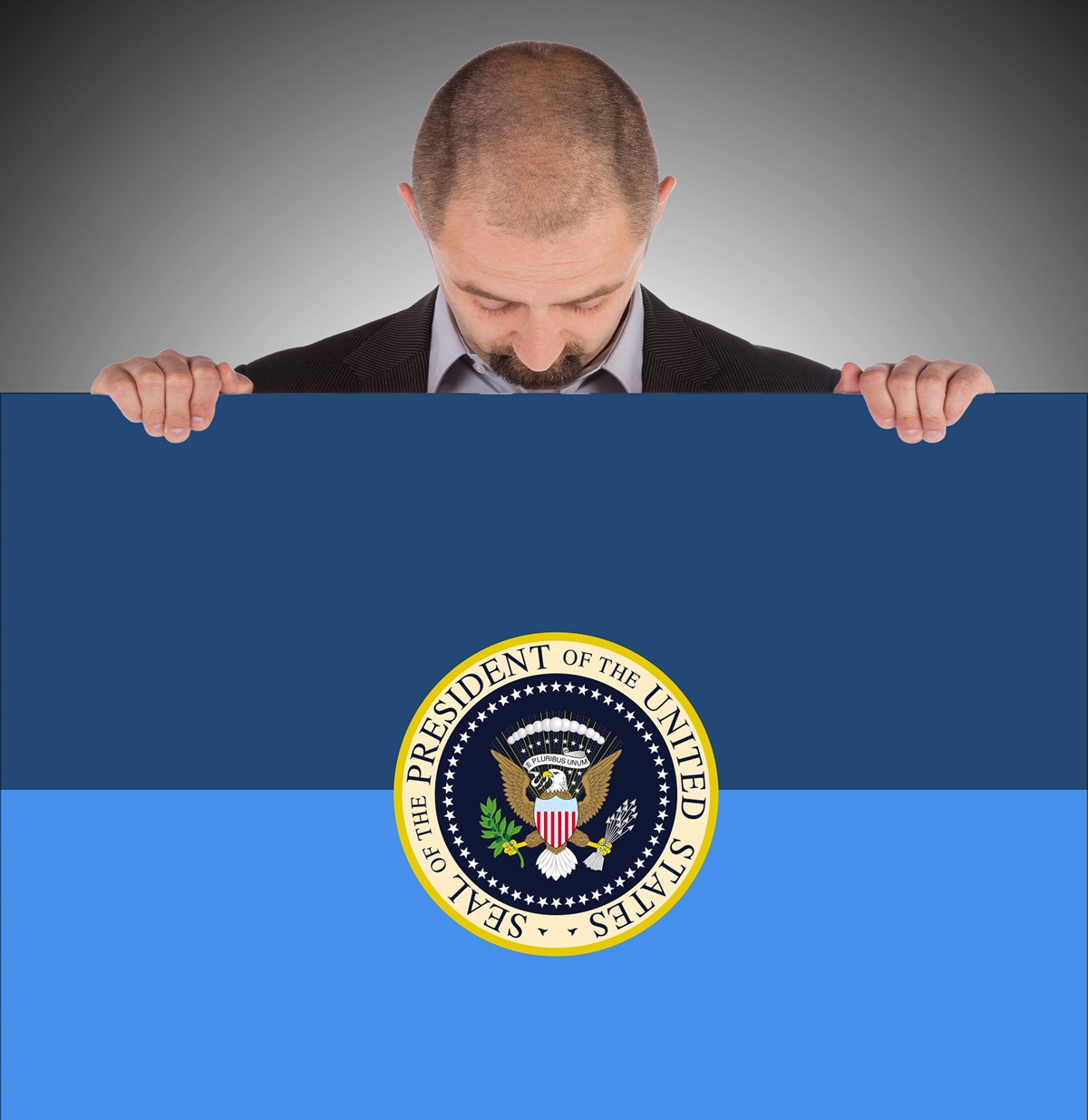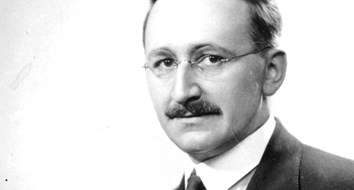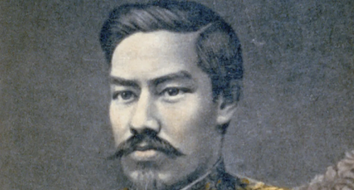In survey after survey about U.S. presidents, the man who almost always ranks as the worst is the 15th, James Buchanan. He held the office from 1857 to 1861, between Franklin Pierce and Abraham Lincoln. He was the only president from my home state of Pennsylvania, prompting me to wonder if he’s gotten a fair shake.
On paper, Buchanan possessed impressive qualifications for the office. He served in the Pennsylvania legislature, followed by ten years in the U.S. House of Representatives, eleven years in the U.S. Senate, four years as Secretary of State, and four years in total as ambassador to two important countries: Russia and the United Kingdom. Few U.S. presidents, in fact, were more qualified for the office. Yet I can’t recall ever hearing a kind word about him from anybody.
Popular Opinion
The rap on Buchanan goes like this: He was indecisive as the country slid toward civil war. He did nothing to oppose slavery; endorsed the fraudulent, pro-slavery Lecompton Constitution for Kansas; carried out an aggressive enforcement of the Fugitive Slave Act; and even supported the Supreme Court’s infamous Dred Scott decision. He lacked the charisma that might have helped to make him an effective chief executive. I get all that, and I don’t intend to argue those points here.
It’s plausible that by the late 1850s, no living statesman was wise enough or strong enough to keep the country together. If so, perhaps Buchanan was overpowered by events rather than his own foibles. But did he get anything right? Surely, no man gets all the way to the White House and then screws up everything (with the possible exceptions of Woodrow Wilson and Barack Obama).
Buchanan’s letters to Congress, his vetoes, plus his inaugural and farewell addresses, comprise about 300 pages.
I found my answer when I dove into the collected Messages and Papers of the Presidents. Buchanan’s letters to Congress, his vetoes, plus his inaugural and farewell addresses, comprise about 300 pages. I discovered that on some vital economic matters, the man was not only right but also eloquent in making his point.
Tariffs and the Treasury
In his March 4, 1857, Inaugural Address, Buchanan zeroed in on the federal Treasury’s massive surplus. A pile of money in the same room as a gaggle of politicians is a prescription for a free-for-all. The new President warned,
This almost necessarily gives birth to extravagant legislation. It produces wild schemes of expenditure and begets a race of speculators and jobbers, whose ingenuity is exerted in contriving and promoting expedients to obtain public money… This is in itself a very great evil.
The only new spending he suggested was for national defense, specifically to rebuild a decrepit Navy. He proposed to deal with the rest of the surplus by way of two measures: 1) a deliberate reduction in the national debt (“No statesman,” he said, “would advise that we should go on increasing the national debt to meet the ordinary expenses of government. This would be a most ruinous policy.”) and 2) a cut in tariff rates. He wanted the latter to be accomplished without favoritism:
Any discrimination… for the purpose of benefiting favored corporations, individuals, or interests would [be] unjust to the rest of the community and inconsistent with that spirit of fairness and equality which ought to govern in the adjustment of a revenue tariff.
Bravo on both those issues!
Free Banking Systems and Recession
After Andrew Jackson killed the government’s central bank in the 1830s and before the centralizing, paper-money mischief of the Lincoln administration, America operated under a largely “free banking” system. Prudent banks that expanded credit as deposits grew seldom found themselves in trouble, while others that overextended themselves faced occasional crises. Sound, competitive banks and wary depositors would blow the whistle on the careless banks by demanding redemption of their paper notes into specie (gold).
That was a powerful form of market discipline but some people (especially shady bankers) demanded help in the form of legislated suspension of specie payments—in other words, the government should legalize fraud and breach of contract. Some state governments obliged. Buchanan was merciless in his opposition:
Congress, in my opinion, possess[es] the power to pass a uniform bankrupt law applicable to all banking institutions throughout the United States, and I strongly recommend its exercise. This would make it the irreversible organic law of each bank’s existence that a suspension of specie payments shall produce its civil death. The instinct of self-preservation would then compel it to perform its duties in such a manner as to escape the penalty and preserve its life.
That was in December 1857, three months into a sharp but short recession. Buchanan held firm amid widespread calls for various forms of “relief.” He urged “reform” instead, including measures that would curtail the temptation to inflate the currency. Northern-state congressmen lobbied for higher tariffs and stimulus spending for “internal improvements” but those measures that weren’t defeated in Congress, Buchanan vetoed. He took a long-term, “take your medicine” stance instead of throwing public money at the problem. The country recovered in little more than a year.
Amen on those issues too!
Federally Owned Land and Education
My favorite Buchanan veto came in February 1859. Congress sent him a bill requiring Washington to donate federal lands to the states and territories, so they could establish higher education institutions to benefit agriculture and the mechanical arts. So-called “land-grant” colleges would be set up later under Lincoln but meantime, Buchanan raised sound objections.
“Should the time ever arrive,” wrote the President in his veto message, “when the State governments shall look to the Federal Treasury for the means of supporting themselves and maintaining their systems of education and internal policy, the character of both Governments will be greatly deteriorated.” He believed there were good arguments for reducing the volume of federally-owned land by other means, such as individual homesteading. Establishing a precedent that would encourage dependency of the states on federal largesse was a bad idea. I think he was both right and clairvoyant.
The President was also concerned about the unfair competition of government-supported colleges in the educational marketplace. It may seem quaint or even “backward” in today’s context, but Buchanan offered a sound argument:
This bill will injuriously interfere with existing colleges in the different States, in many of which agriculture is taught as a science and in all of which it ought to be so taught. These institutions of learning have grown up with the growth of the country, under the fostering care of the states and the munificence of individuals, to meet the advancing demands for education. They have proved great blessings to the people. Many, indeed most, of them are poor and sustain themselves with difficulty. What the effect will be on these institutions of creating an indefinite number of rival colleges sustained by the endowment of the Federal Government is not difficult to determine.
When government-supported colleges “dump” their product at below cost because of a subsidy, they at least theoretically impede their private competition. Practically nobody raises that objection today (not even those who oppose “dumping” in all other contexts), but I give Buchanan credit for raising it and standing by it.
Thumbs up for Jim on that matter too...
"Regulate Commerce"
In 1860, Congress approved a bill “making an appropriation for deepening the channel over the St. Clair flats in the State of Michigan.” Buchanan nixed it on grounds that would please the most ardent constitutional “originalist.” The bill’s proponents asserted that federal money for the project could be justified as a measure within the federal government’s duty to “regulate commerce with foreign nations and among the several states.” The Constitution does indeed give Congress powers to “regulate” certain things but Buchanan argued correctly that this does not convey powers to “create.” He admonished,
The power to “regulate”: Does this ever embrace the power to create or construct? To say that it does is to confound the meaning of words of well-known signification. The word “regulate” has several shades of meaning, according to its application to different subjects, but never does it approach the signification of creative power. The regulating power necessarily presupposes the existence of something to be regulated…
To say that the simple power of regulating commerce embraces within itself that of constructing harbors, of deepening the channels of rivers—in short, of creating a system of internal improvements for the purpose of facilitating the operations of commerce—would be to adopt a latitude of construction under which all political power might be usurped by the Federal Government.
That particular veto message was unusually comprehensive and amazingly prophetic. “What a vast field would the exercise of this power open for jobbing and corruption!” he wrote. If Congress possessed a vast pork barrel power (as it has come to possess today), each congressman “would endeavor to obtain from the Treasury as much money as possible for his own locality. The temptation would prove irresistible.” He warned against a system of “logrolling” that could “exhaust” the Treasury.
It’s pretty clear what Buchanan would think of the spend-happy earmarkers of more recent times.
James Buchanan was not a great president. He arguably wasn’t a good one either, at least overall. To be good or great is to be a Cleveland or a Coolidge or even a John Tyler or a Ronald Reagan.
Recent scholarship is shedding a more favorable light on him.
But Buchanan wasn’t all bad either, as his stance on some important economic matters demonstrates. Fortunately for our 15th President, recent scholarship is shedding a more favorable light on him. The Independent Institute’s Ivan Eland, in Recarving Rushmore, ranks him in the middle of the pack, not at the bottom. In their 2014 book, James Buchanan and the Coming of the Civil War, editors John Quist and Michael J. Birkner assembled an impressive collection of essays that critically re-examined the Buchanan presidency.
I can’t bring myself to cry “Three Cheers for James Buchanan.” Two even seems one too many. One, however, can be justified.





